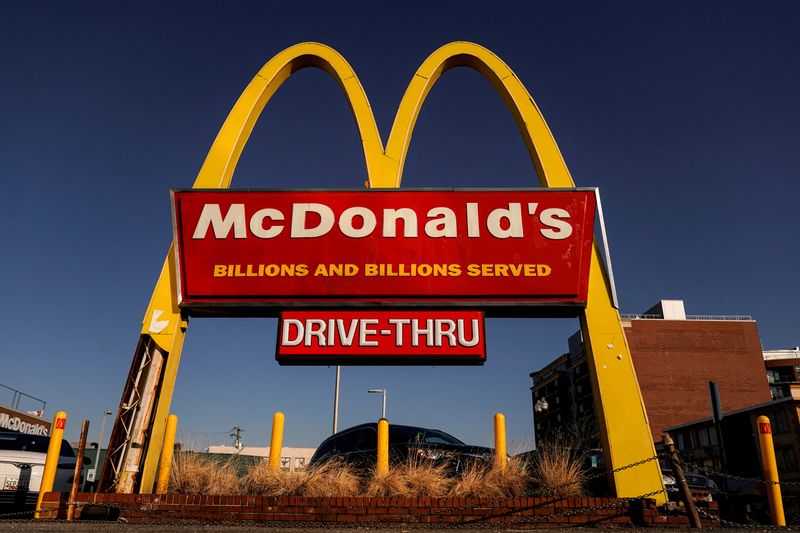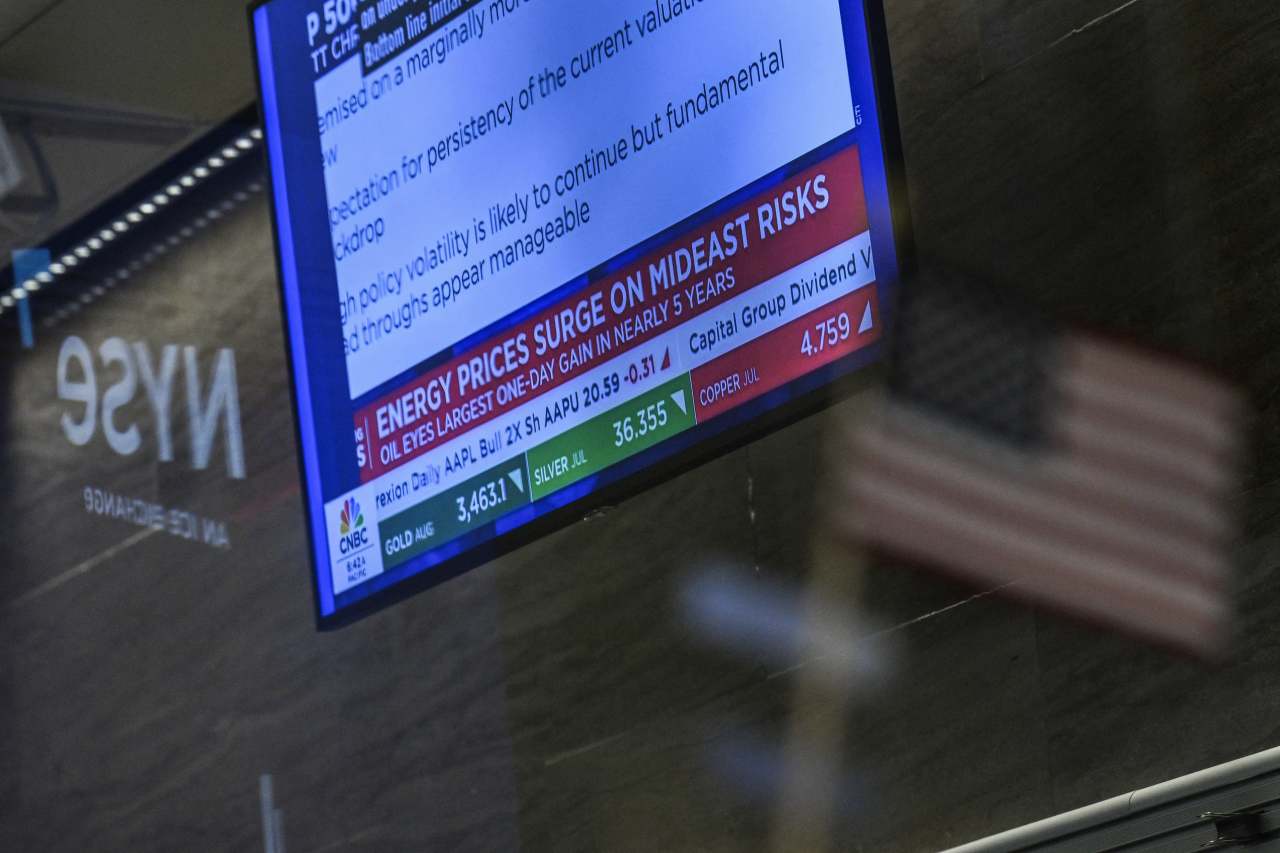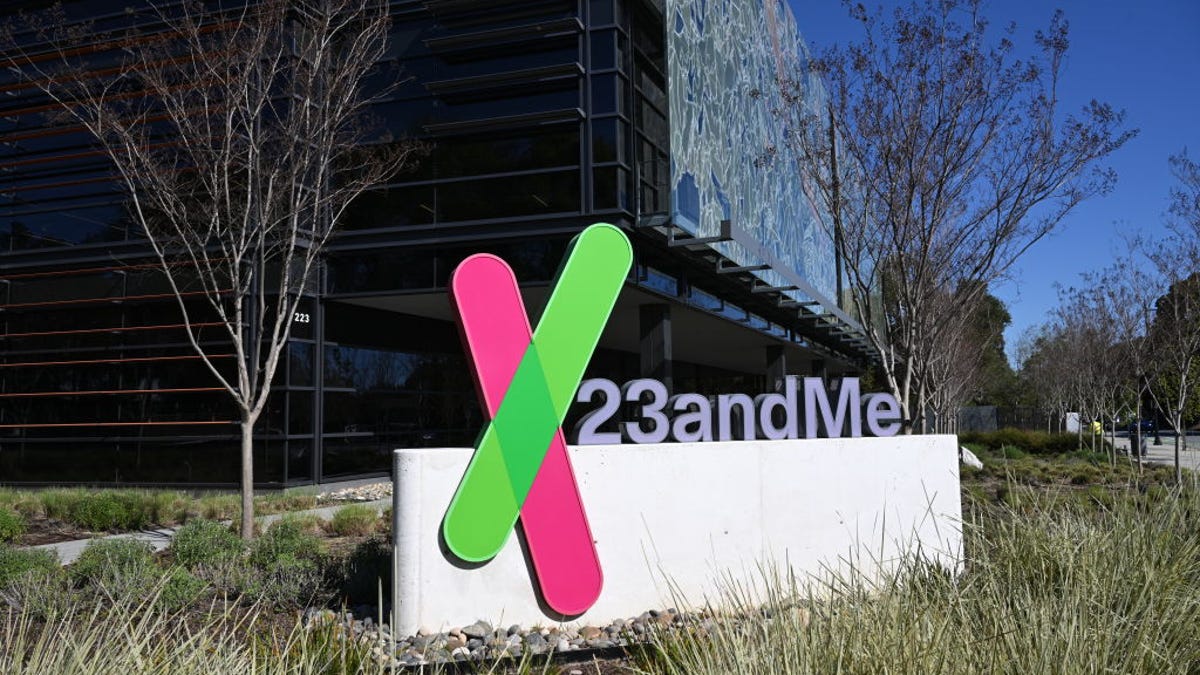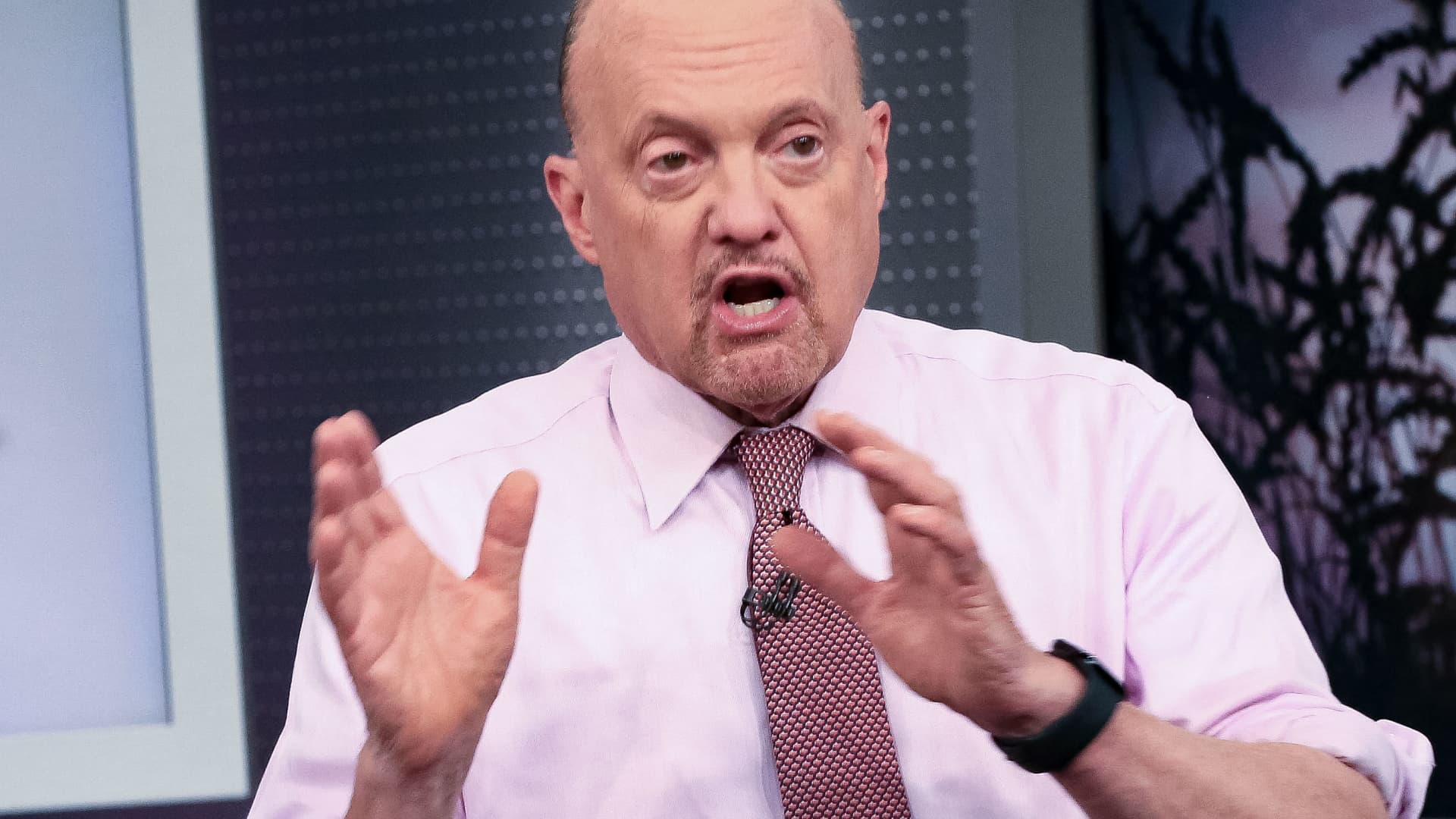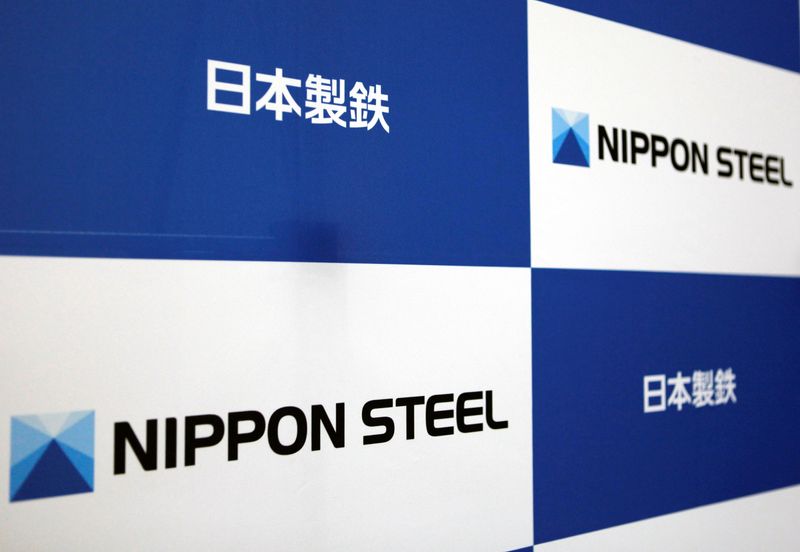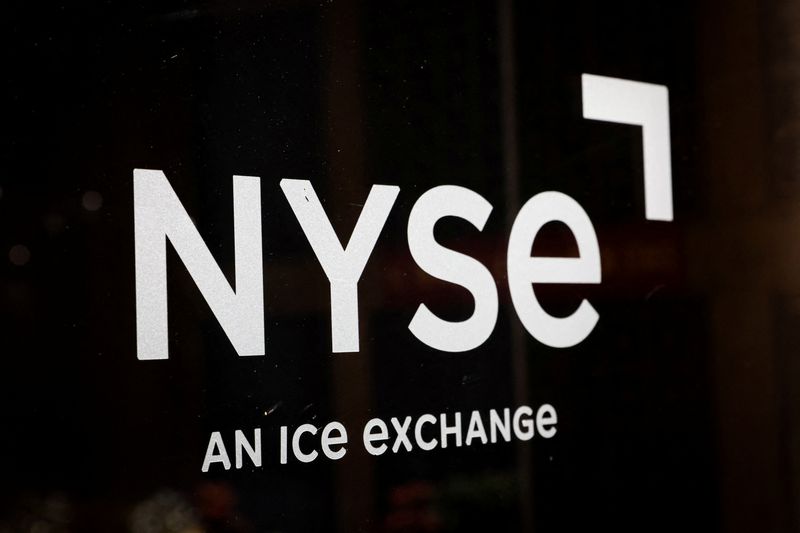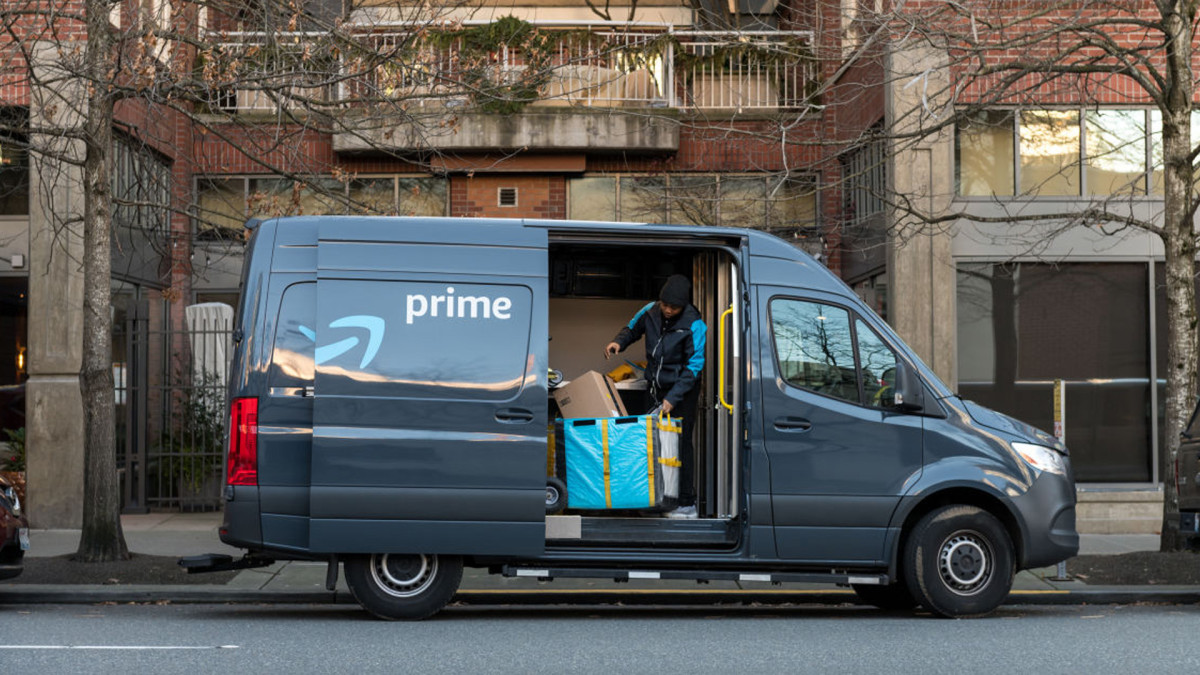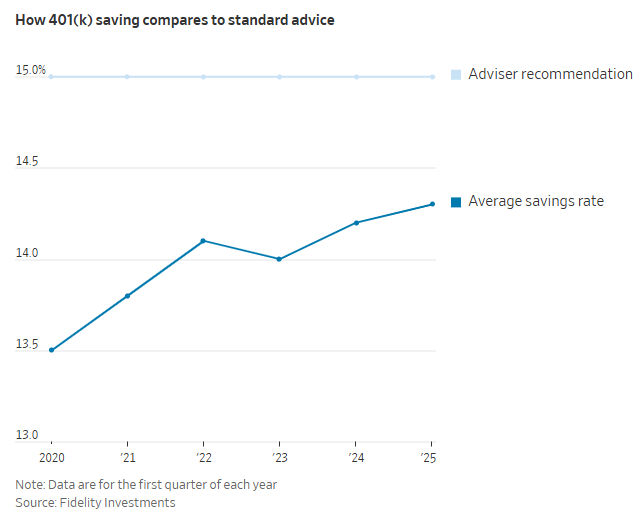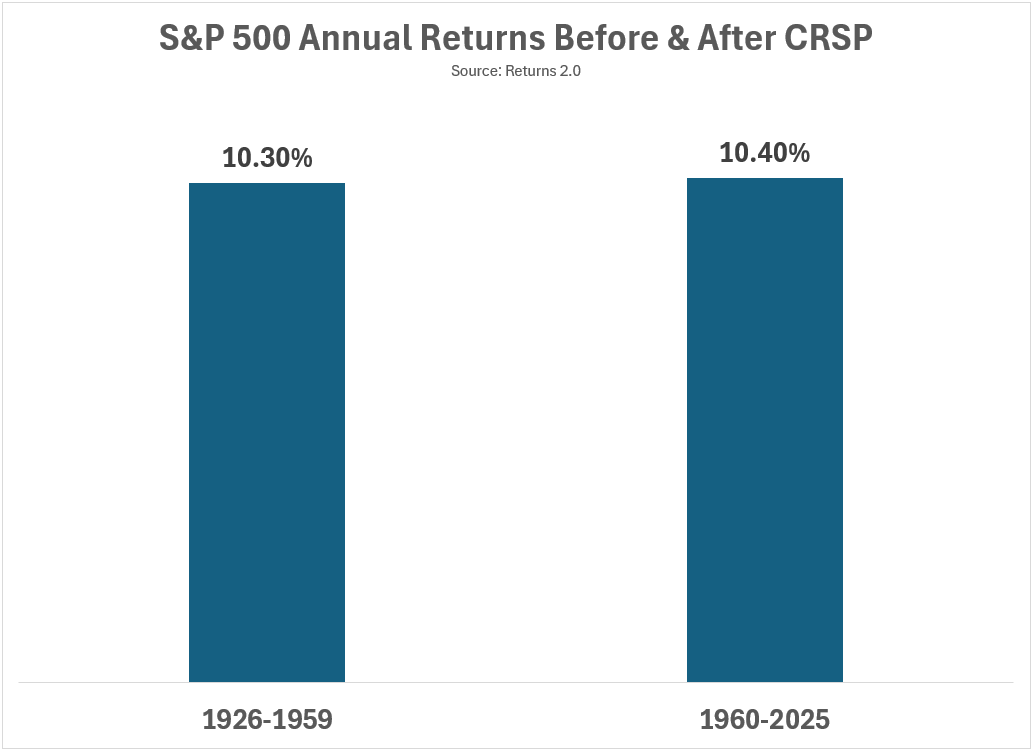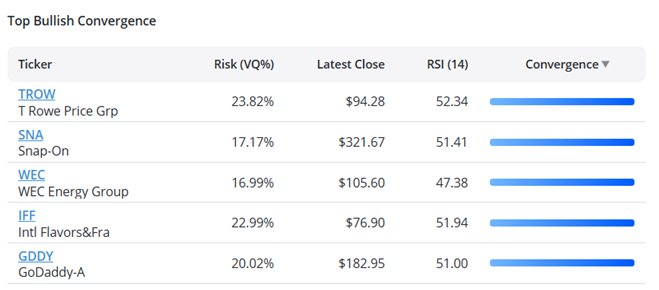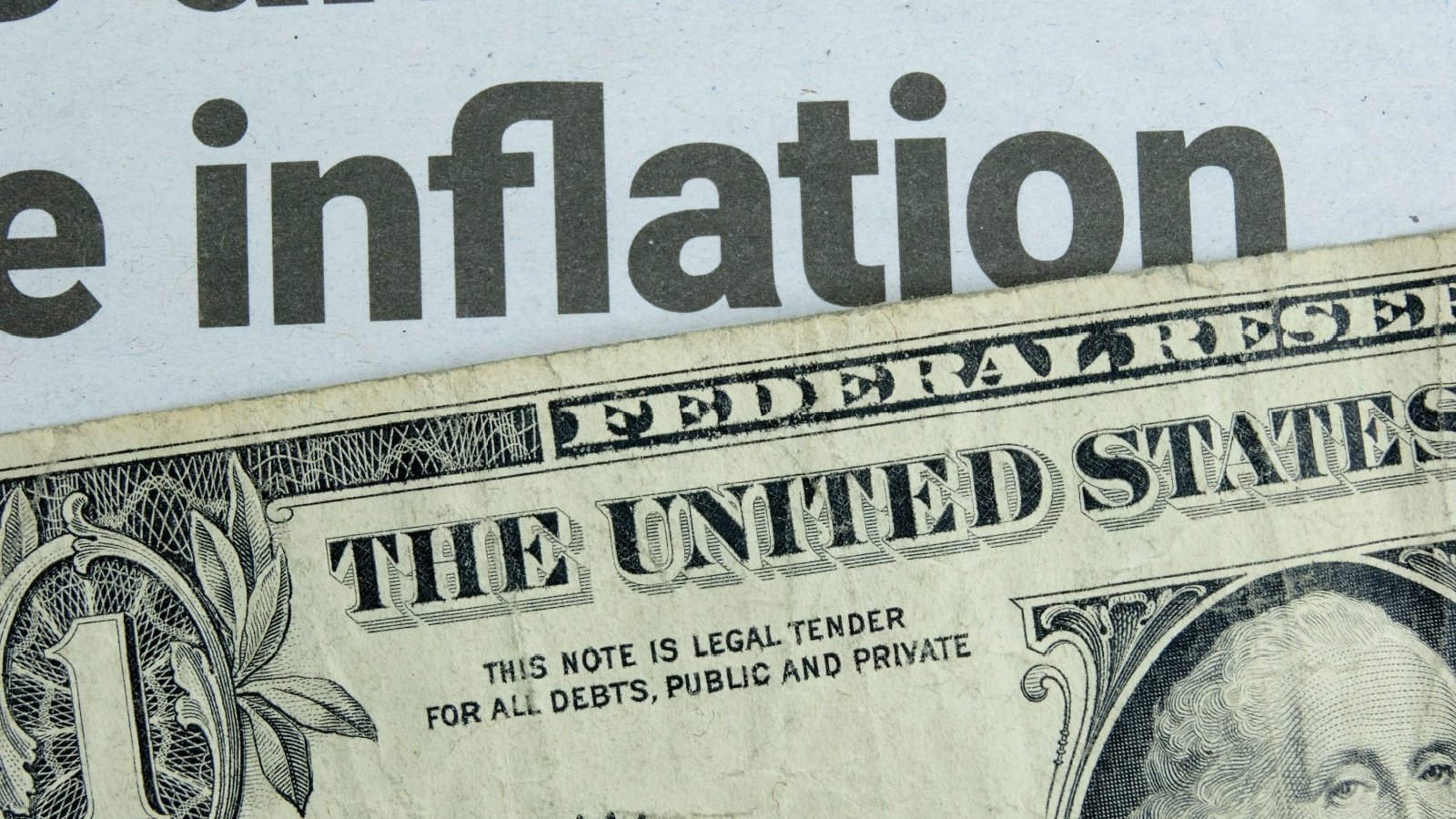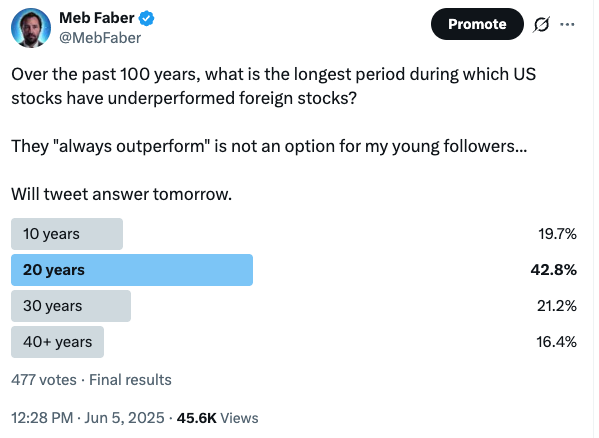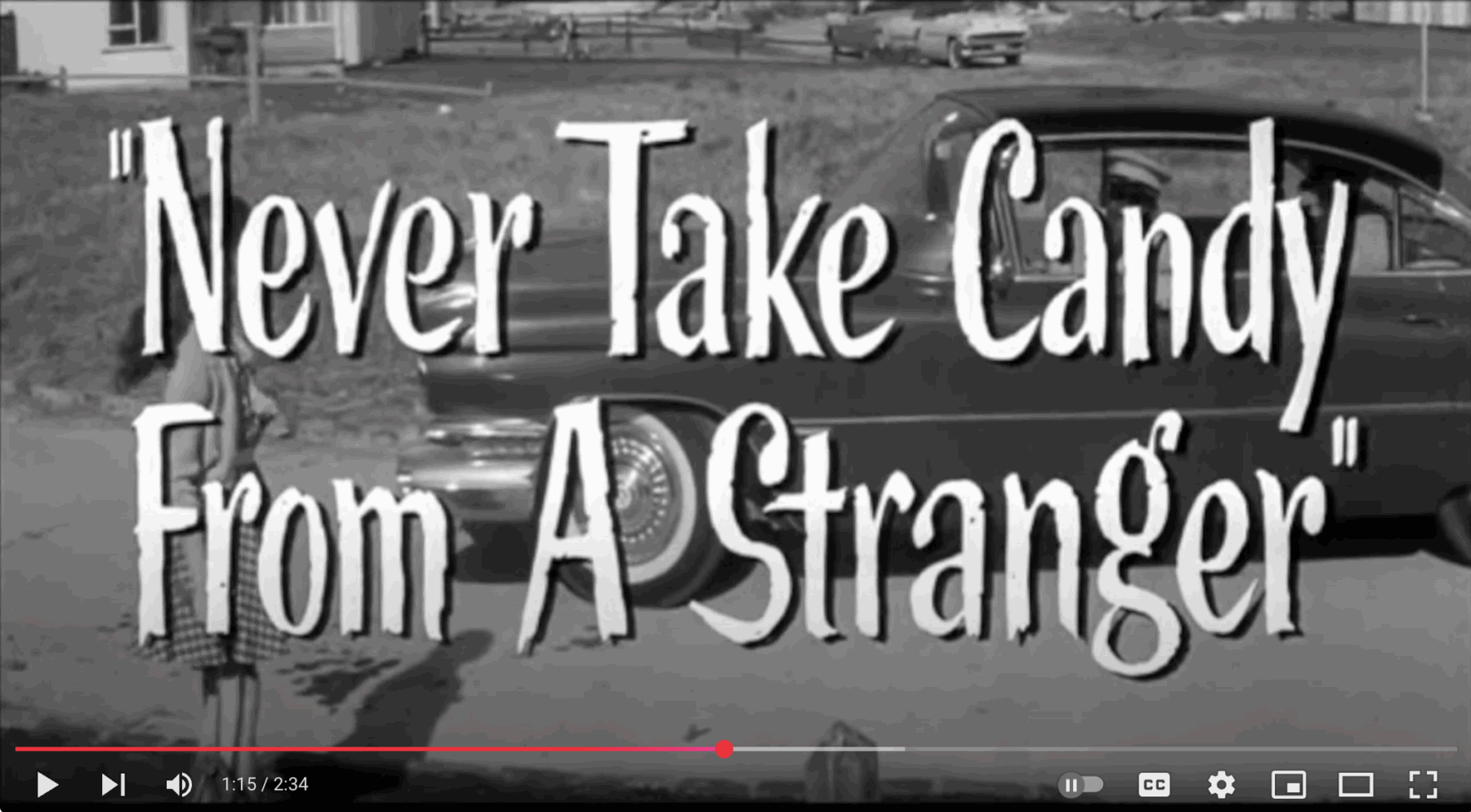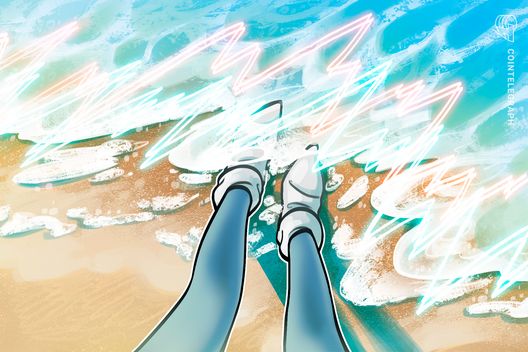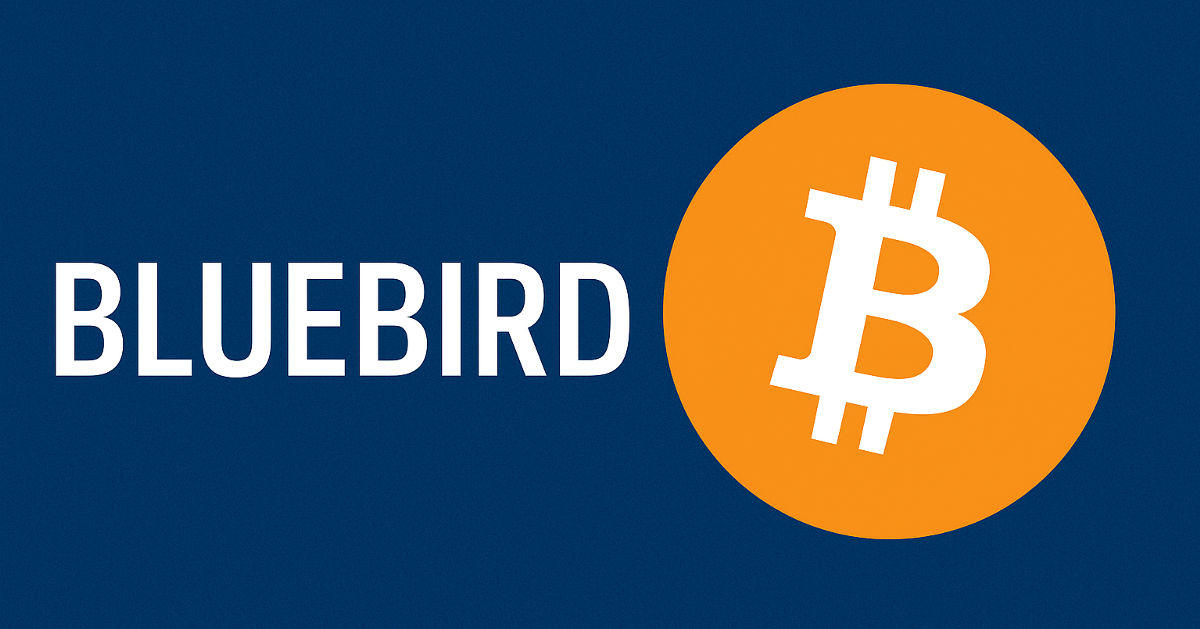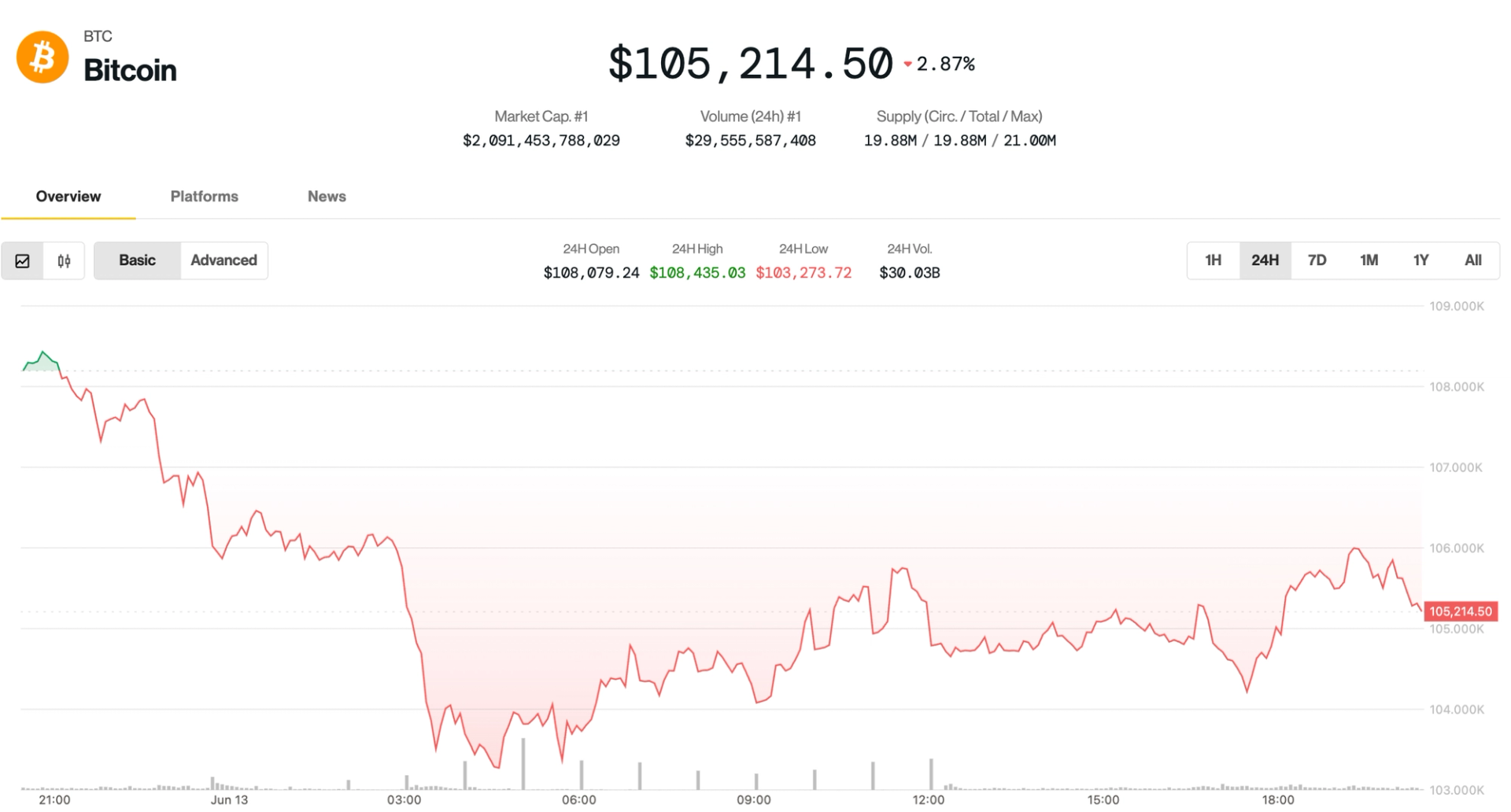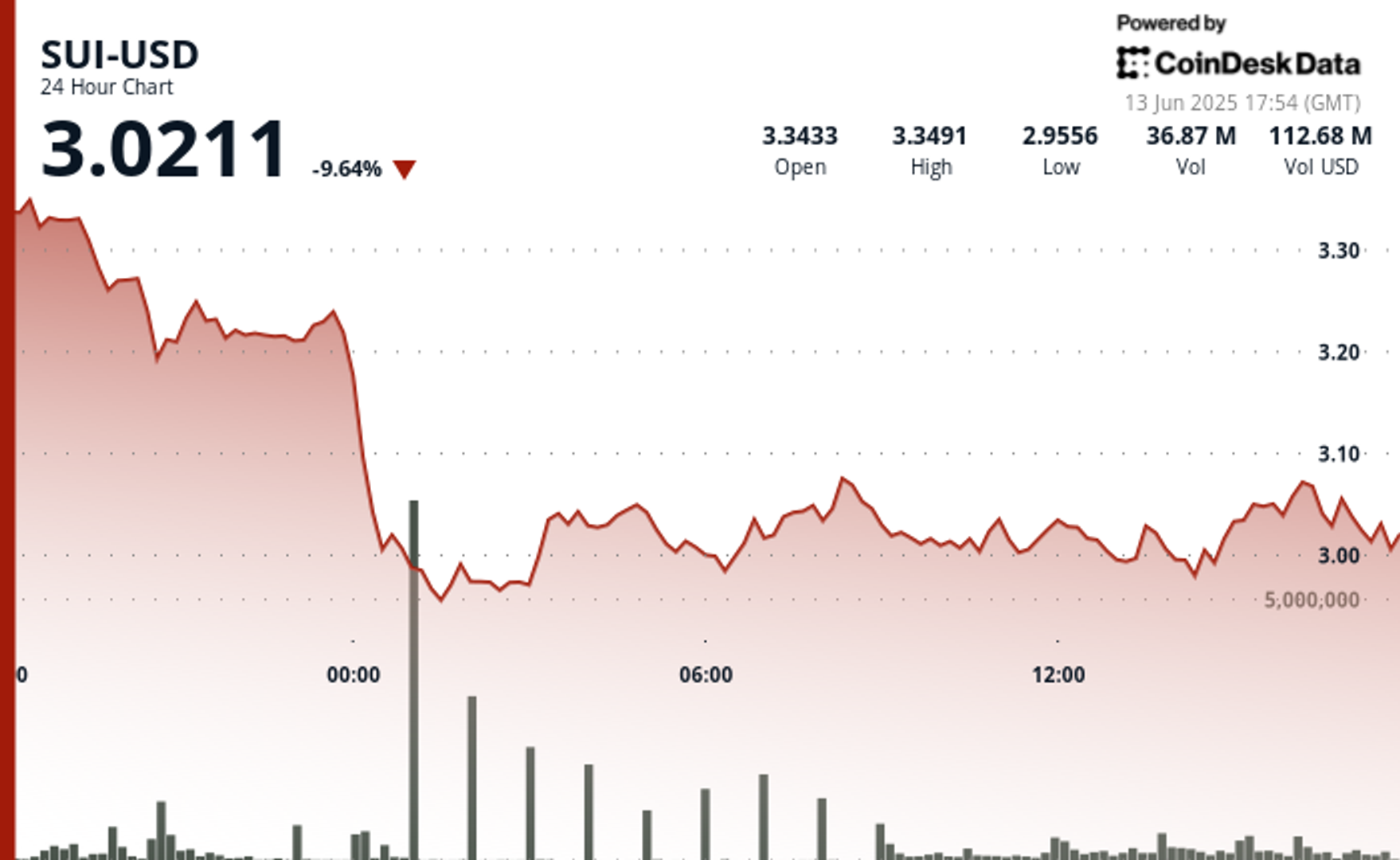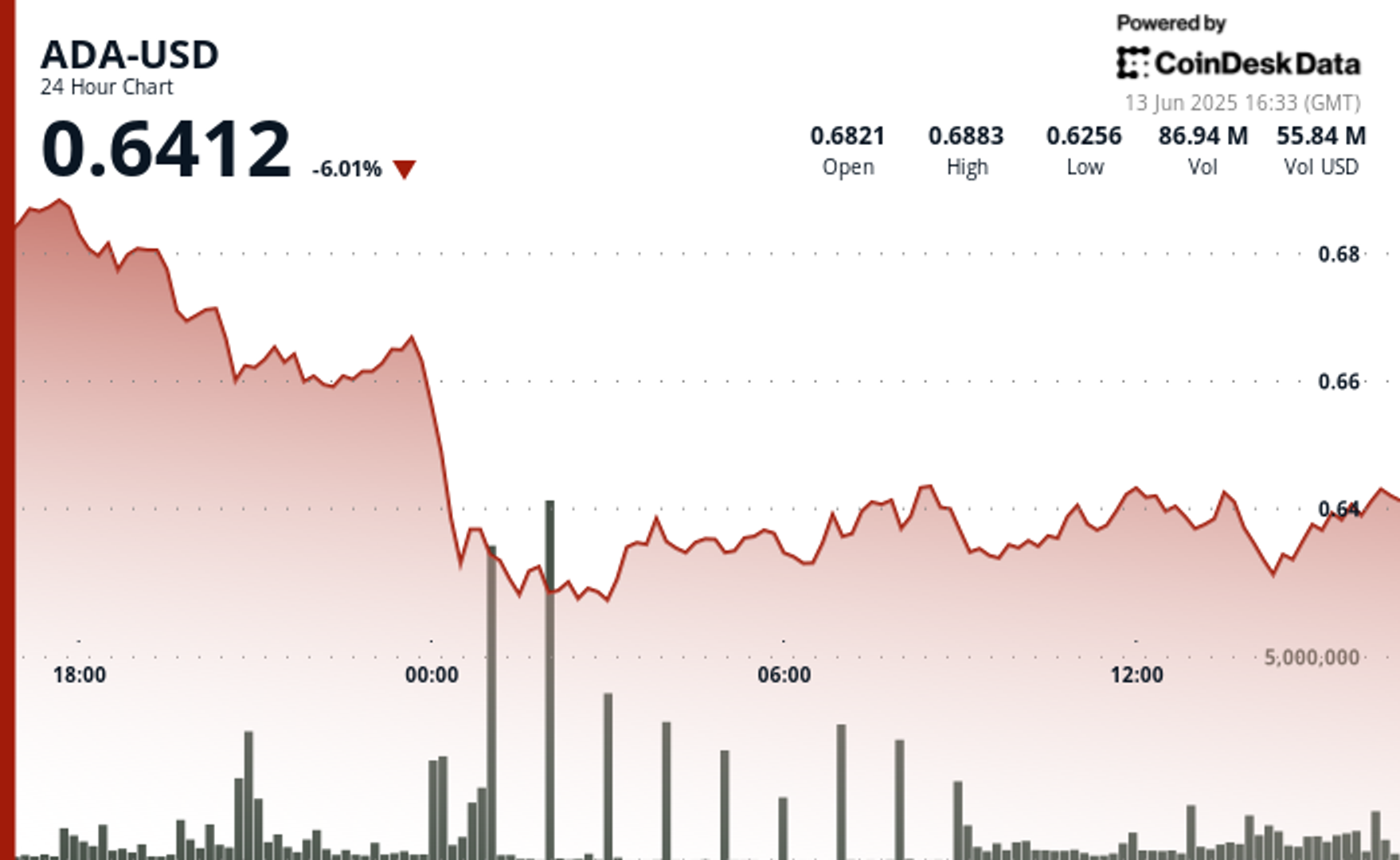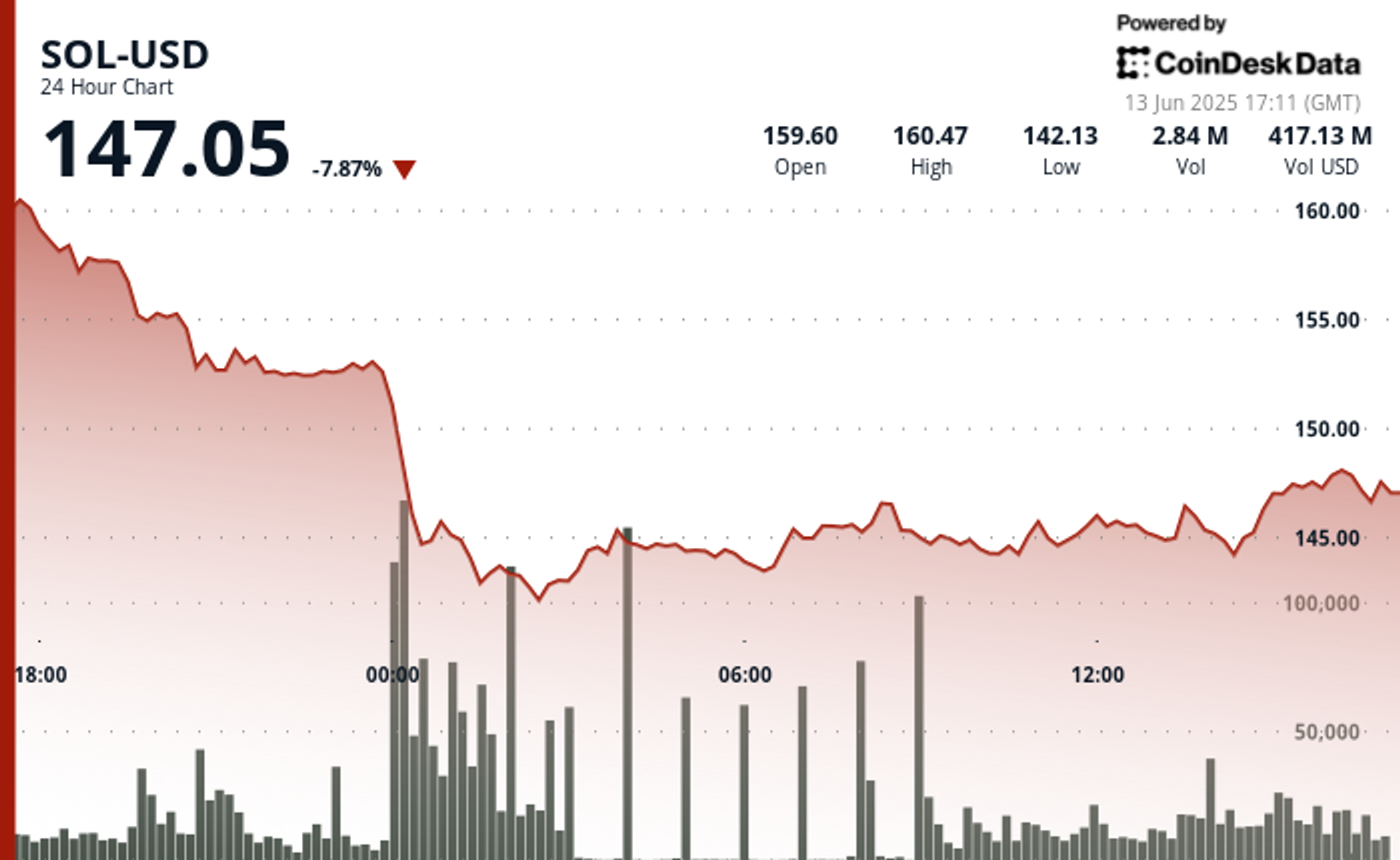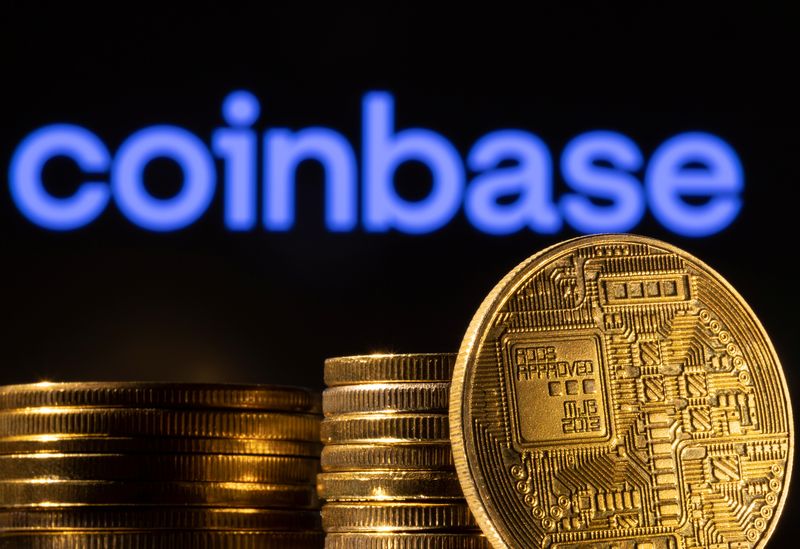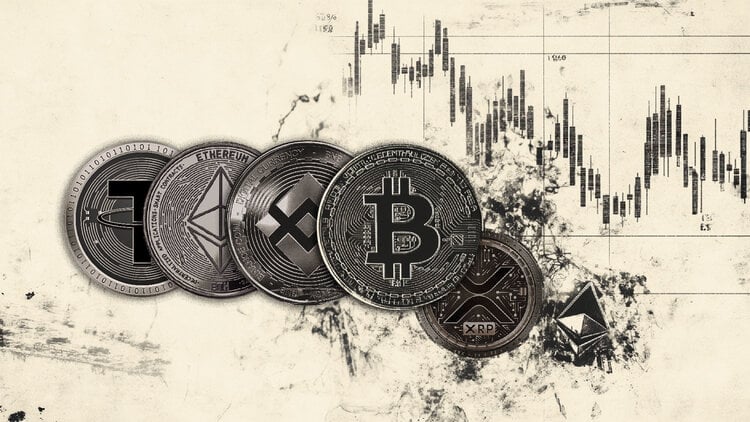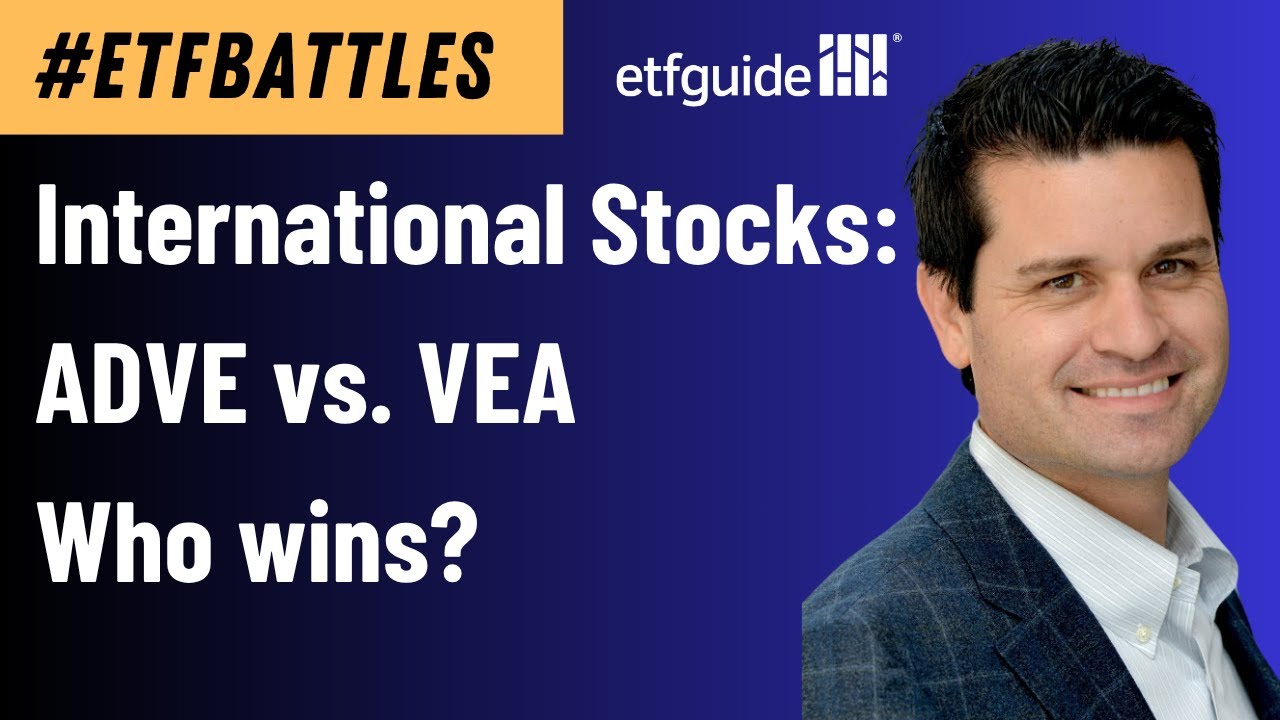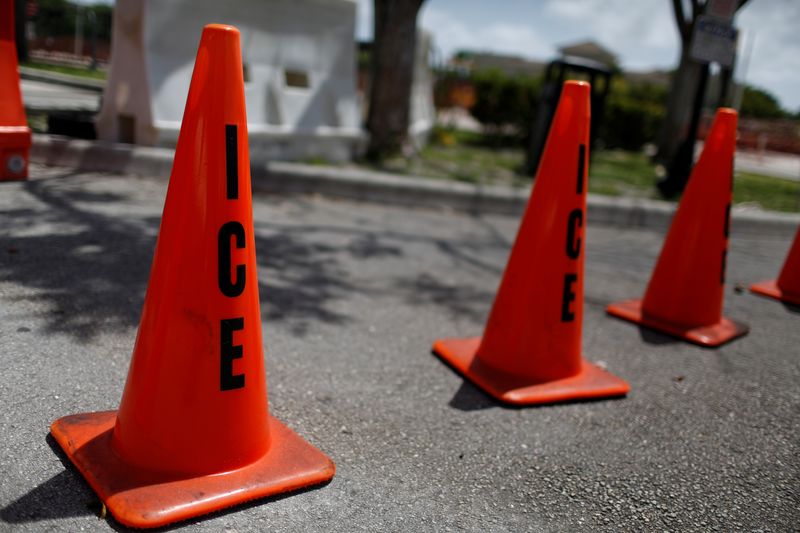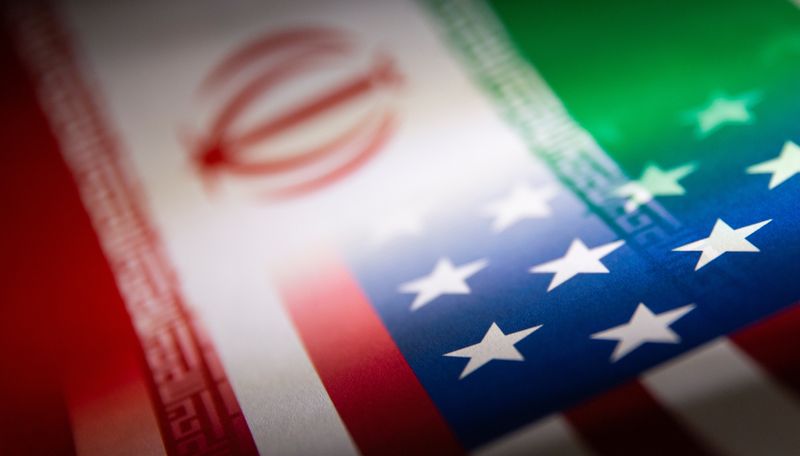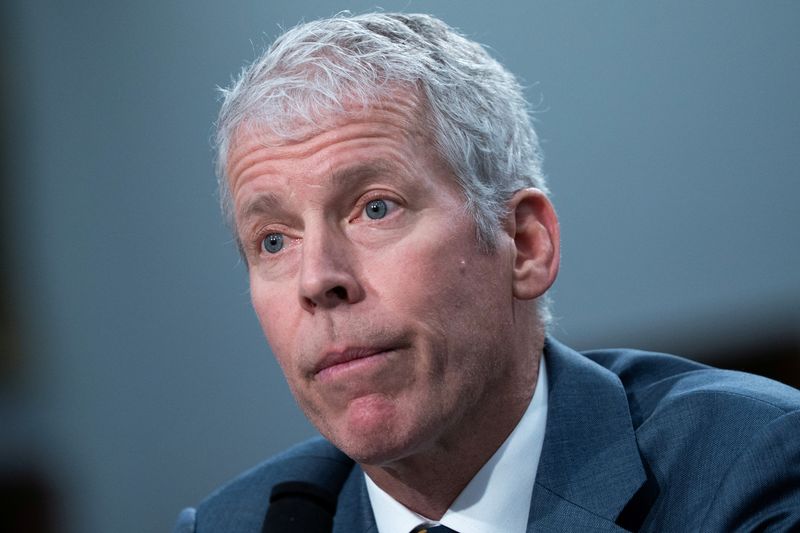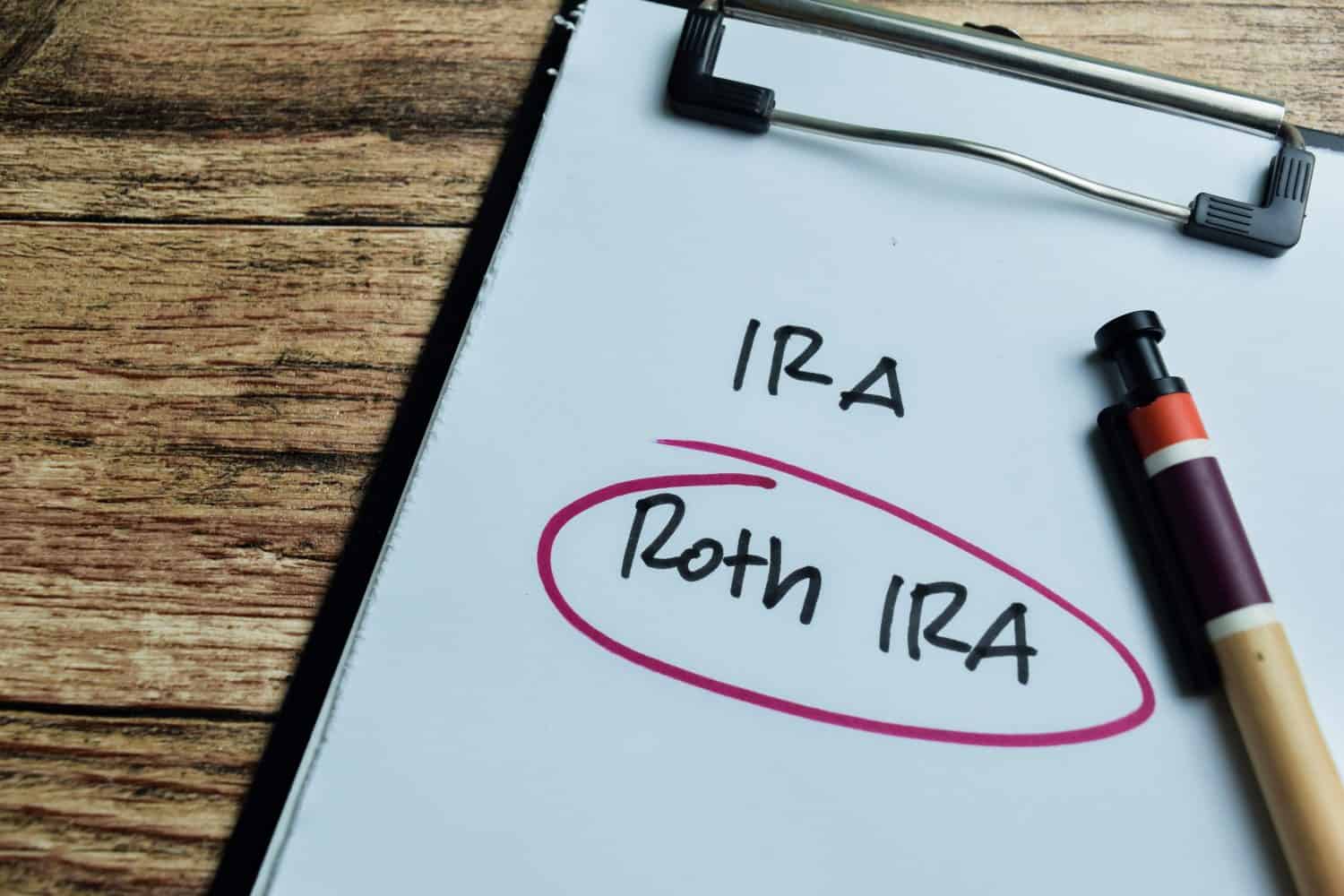We racked up lots of debt and want to know if a HELOC is the best way to tackle it
There are plenty of reasons why consumers end up with debt. For some people, it’s a matter of unplanned bills. For others, it can boil down to a lack of budgeting. If you’re in debt now, the last thing you need is to beat yourself up over it. But it’s important to try to […] The post We racked up lots of debt and want to know if a HELOC is the best way to tackle it appeared first on 24/7 Wall St..
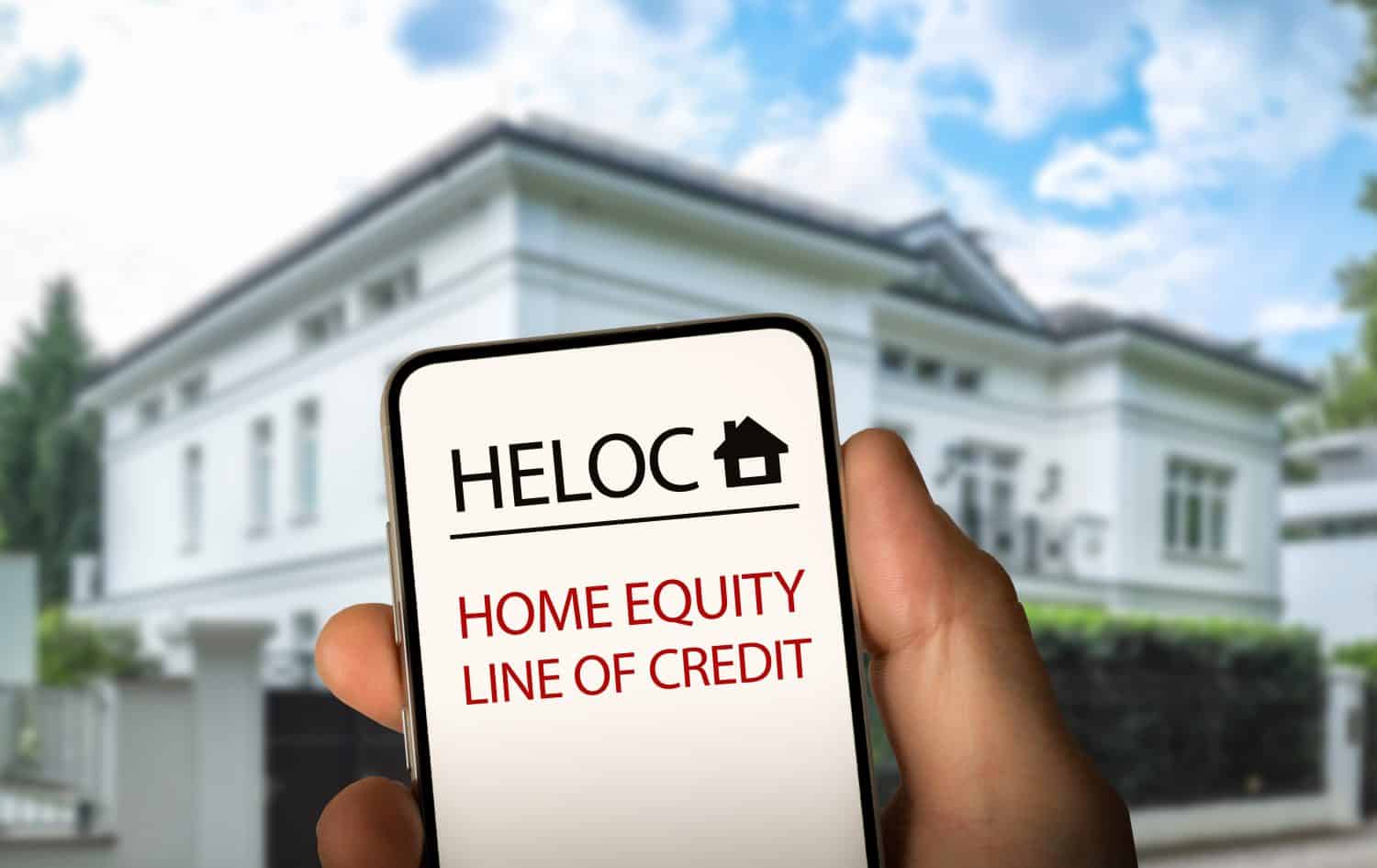
Key Points
-
A home equity line of credit could be a way to consolidate debt.
-
You may find that you get a lower interest rate on a HELOC, plus flexibility.
-
Be aware of the pitfalls of using a HELOC before moving forward.
-
Is a HELOC right for you? SmartAsset’s free tool can match you with a financial advisor in minutes to help you answer that today. Each advisor has been carefully vetted, and must act in your best interests. Don’t waste another minute; get started by clicking here.(Sponsor)
There are plenty of reasons why consumers end up with debt. For some people, it’s a matter of unplanned bills. For others, it can boil down to a lack of budgeting.
If you’re in debt now, the last thing you need is to beat yourself up over it. But it’s important to try to work your way out, especially if you owe money on credit cards.
Credit card debt is particularly dangerous because it tends to mean high interest rates. Plus, some credit cards compound interest on a daily basis, making it easier to accumulate.
In this Reddit post, we have a couple that’s looking to consolidate credit card debt. They said they racked up the debt when they were younger and that wedding costs contributed to it.
The poster wants to know if a HELOC at 8% makes sense for debt consolidation purposes. They’re able to make their credit card payments, but they figure a HELOC might be easier to pay off.
A HELOC could make sense in this situation. But it’s important for the poster to understand the pitfalls of using one.
The upside of using a HELOC for debt consolidation
A HELOC, or home equity line of credit, gives you a line of credit you can draw from during a specified period of time. That time period may be five years, 10 years, or something else.
The upside of a HELOC is that it’s flexible. You don’t have to withdraw the entire sum at once, and if you don’t tap your entire credit line, you won’t accrue as much interest. Plus, the interest rate on a HELOC could be significantly lower than the interest rate on a credit card.
The poster above mentioned they could get a HELOC at 8%. The average credit card APR as of this writing is about 24%. There’s a huge difference there. Consolidating into a HELOC could spare the poster a lot of interest, especially if they’re able to get ahead of their payments.
The problem with using a HELOC for debt consolidation
While a HELOC could be a great way to consolidate debt from an interest rate perspective, there’s a risk involved. If you fail to keep up with your HELOC payments, you risk losing your home. It’s that simple.
That shouldn’t happen with a single missed payment you later catch up on. But a HELOC is a secured line of credit, so if you go into default, your lender can generally force the sale of your home to get repaid.
Another problem with HELOCs is that they generally have variable APRs, similar to credit cards. This means your payments can change over time, making them harder to work into your budget.
If you’re interested in using home equity to consolidate debt and pay off credit cards, you may want to look at a home equity loan instead of a HELOC. This way, you get the benefit of an installment loan with a fixed interest rate and fixed monthly payments.
A home equity loan may be an easier expense to work into your budget. And if you’re able to lock in a competitive interest rate and boost your income with a side job, you may find that you’re able to pay off a home equity loan pretty quickly.
The post We racked up lots of debt and want to know if a HELOC is the best way to tackle it appeared first on 24/7 Wall St..








